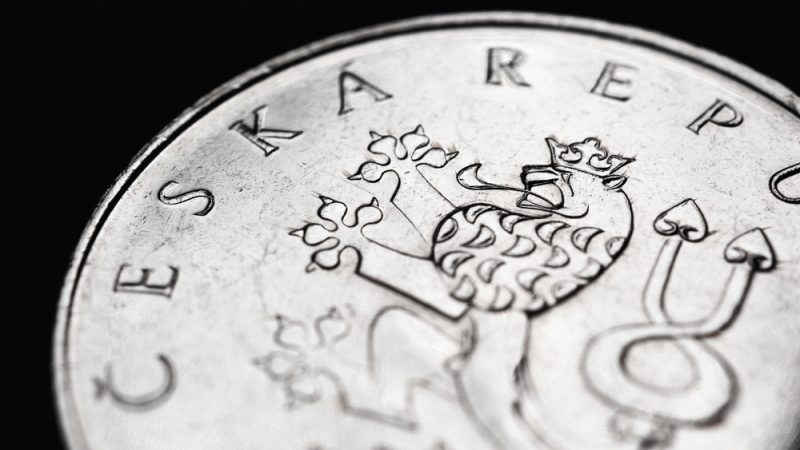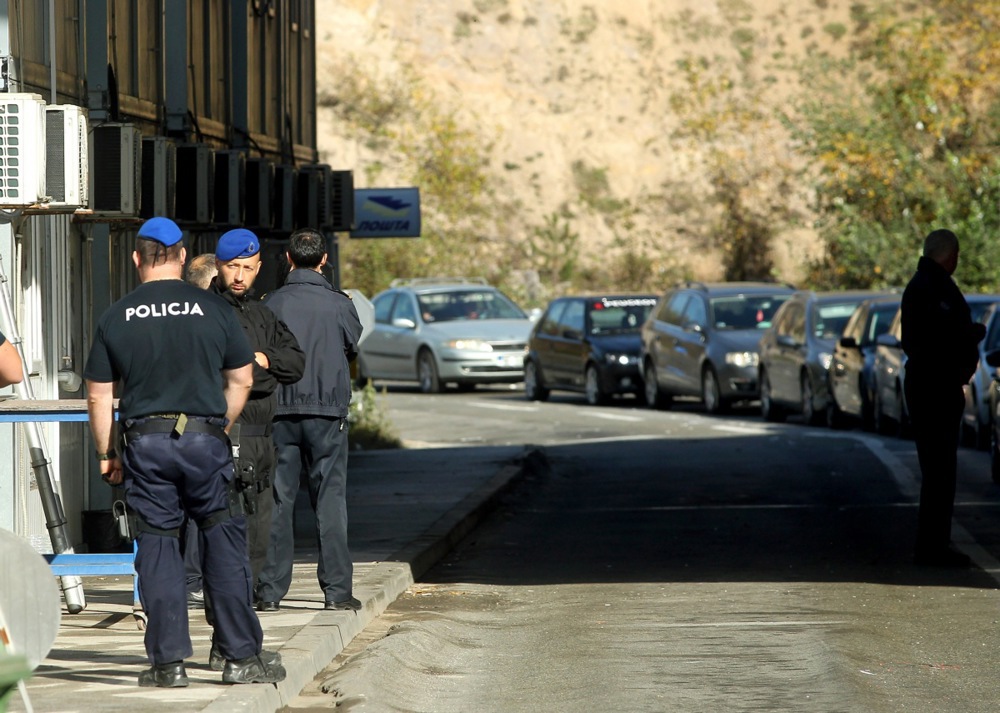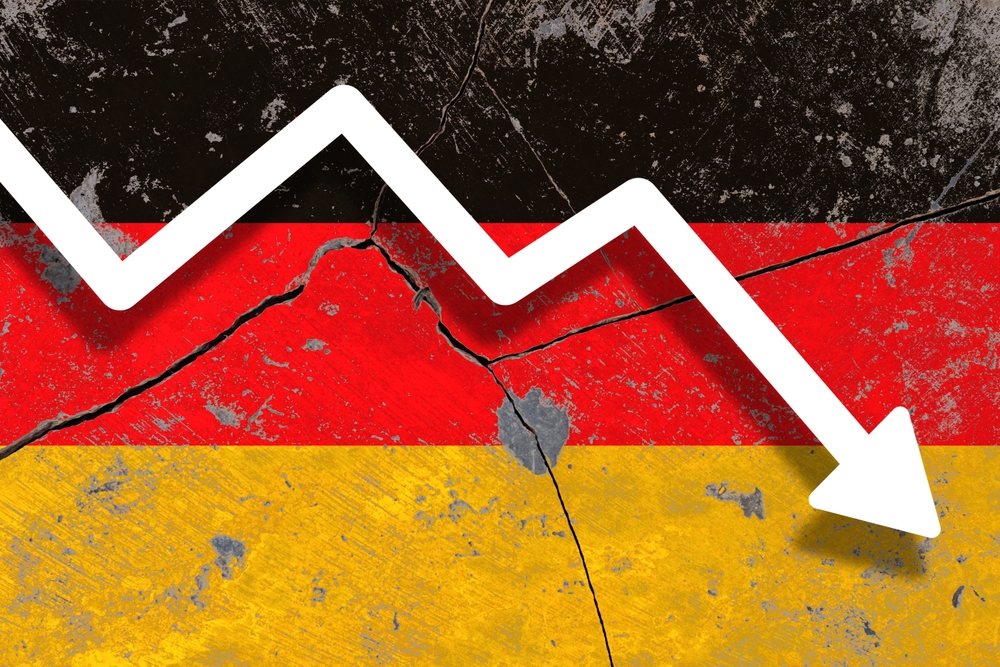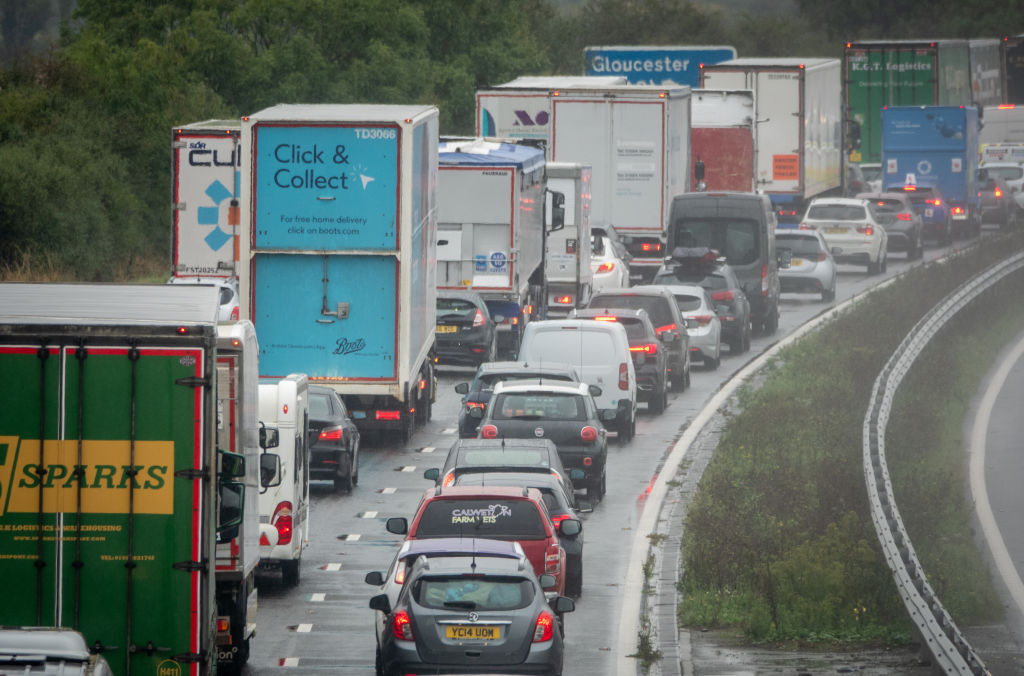 Euractiv is part of the Trust Project
Euractiv is part of the Trust Project
As Czechia recovers from years of high inflation, newly appointed Industry and Trade Minister Lukáš Vlček has presented an ambitious economic strategy to become one of the EU's top 10 economies in terms of GDP per capita by 2040.
After experiencing a 15.1% inflation rate in 2022, the second-highest since the country's independence in 1993, and a still-high 10.7% in 2023, the Czech economy has shown signs of stabilisation, with inflation falling to 2.2% in August 2024. However, the road ahead remains challenging, with long-standing structural challenges.
"The Czech Republic has successfully established itself as a stable market economy within the European Union thanks to hard work," said Vlček as he presented his strategy to transform the economy on Tuesday.
“Now, we face another great challenge: to advance the Czech economy even further and create conditions that will bring higher profits,” he added.
The new Economic Strategy, which Vlček presented at the International Engineering Fair in Brno, outlines more than 150 measures in areas such as legislation, financing, and business cooperation. It focuses on key priorities, including the development of human capital, the modernization of strategic infrastructure, and the growth of high-value-added industries.
Vlček, who recently replaced Jozef Síkela as industry and trade minister, has prioritised the new economic strategy. Síkela, now the Czech nominee for the European Commission as commissioner for International Partnerships, played a key role in laying the groundwork for the strategy alongside Vlček.
In addition to implementing the strategy, Vlček will focus on finalising negotiations for the construction of new nuclear power plants in Dukovany, modernising the energy sector, and fostering a fair business environment by reducing administrative burdens.
(Aneta Zachová | Euractiv.cz)

 euractiv.de
euractiv.de
 euractiv.fr
euractiv.fr
 euractiv.es
euractiv.es
 euractiv.it
euractiv.it
 euractiv.pl
euractiv.pl
 euractiv.bg
euractiv.bg
 euractiv.cz
euractiv.cz
 euractiv.gr
euractiv.gr
 euractiv.ro
euractiv.ro
 euractiv.sk
euractiv.sk






